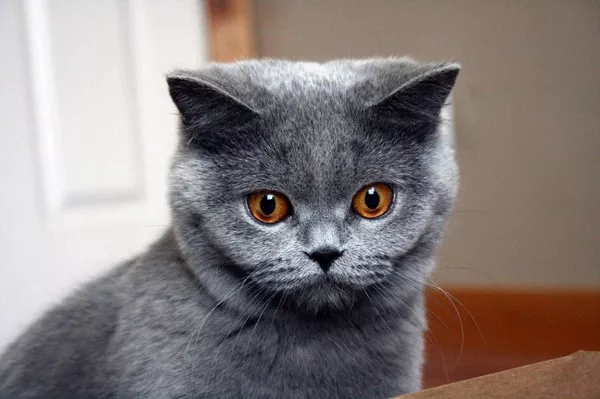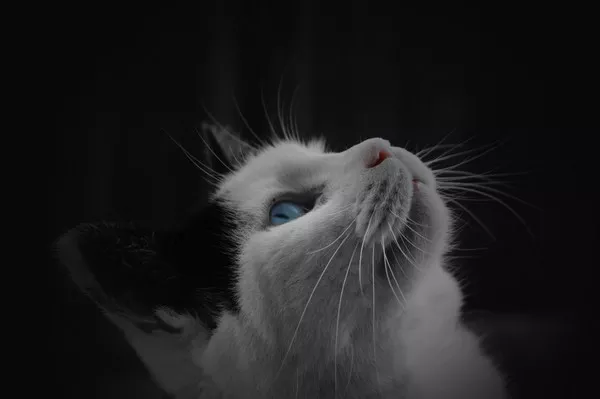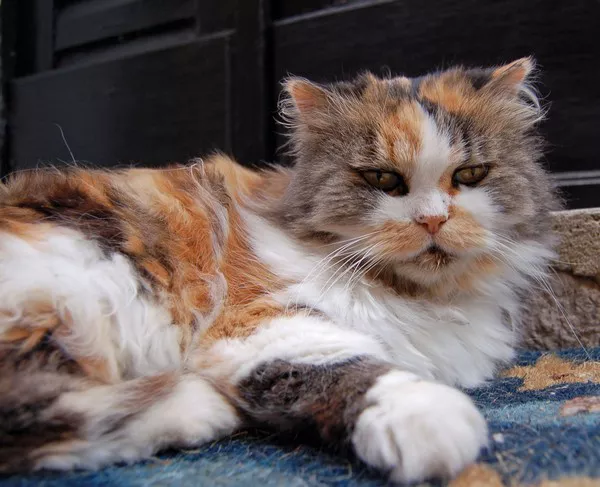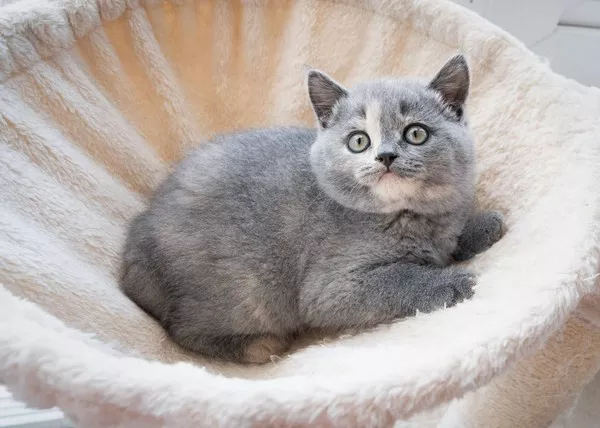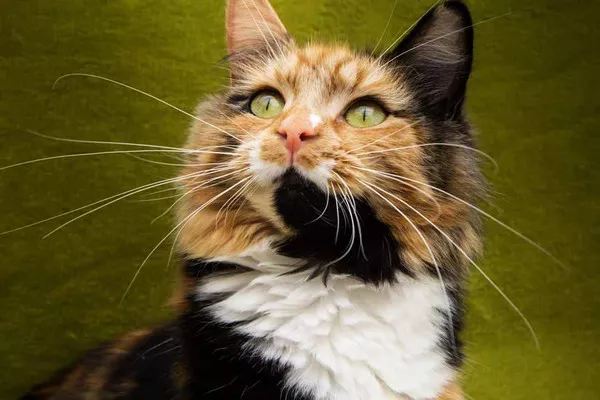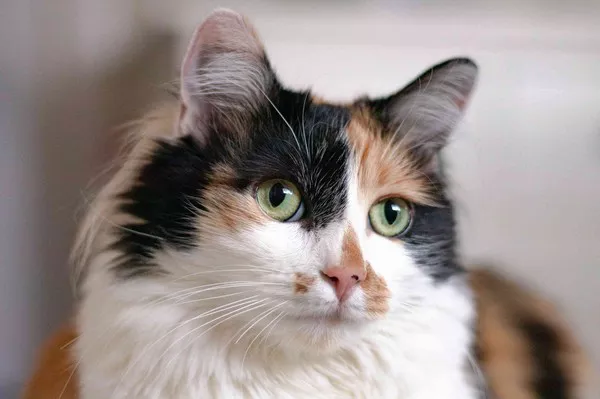British Shorthair cats are one of the most beloved cat breeds in the world. Known for their affectionate and laid-back personalities, these cats make excellent companions for families, singles, and seniors alike. However, like all animals, British Shorthairs can experience health issues that can affect their quality of life. This article will explore some common health problems seen in British Shorthair cats and what you can do to keep your feline friend as healthy as possible.
Overview of British Shorthair Cats
The British Shorthair cat is a medium-sized breed with a muscular build and a dense coat. They are generally healthy cats and have an average lifespan of around 12-14 years. These cats are known for being easy-going, adaptable, and affectionate. They enjoy human company but also do well on their own, making them ideal pets for busy households.
Common Health Problems in British Shorthair Cats
Like all cat breeds, British Shorthairs can be prone to certain health problems. Here are some of the most common issues:
1. Hypertrophic Cardiomyopathy (HCM)
Hypertrophic Cardiomyopathy, or HCM, is a condition that affects a cat’s heart muscles. It is the most common heart disease in cats and can lead to heart failure if left untreated. Symptoms of HCM include lethargy, difficulty breathing, and loss of appetite. Unfortunately, British Shorthairs are particularly prone to this condition, so it is important to have your cat regularly checked by a veterinarian to catch any potential issues early on.
2. Polycystic Kidney Disease (PKD)
Polycystic Kidney Disease is an inherited condition that causes cysts to form on a cat’s kidneys. Over time, the cysts can grow and eventually cause kidney failure. PKD is more common in British Shorthairs than in other cat breeds, so it is important to have your cat tested for this condition if you are considering getting a British Shorthair kitten.
3. Obesity
British Shorthairs are known for being food lovers and can be prone to obesity if their diet is not carefully monitored. Obesity can lead to a range of health problems, including diabetes, arthritis, and heart disease. To keep your cat at a healthy weight, make sure they are eating a balanced diet and are getting plenty of exercise.
4. Respiratory Problems
British Shorthairs have short, wide noses, which can make them more susceptible to respiratory problems. These cats can experience breathing difficulties if they become overweight or if they are exposed to air pollutants, such as cigarette smoke or cleaning products. If you notice that your cat is wheezing, coughing, or has trouble breathing, take them to the vet as soon as possible.
5. Dental Issues
Like all cats, British Shorthairs can experience dental problems such as gingivitis and tooth decay. This can lead to pain, difficulty eating, and even infection. To prevent dental issues, make sure your cat is eating a balanced diet and is receiving regular dental check-ups.
Preventative Measures
While some health problems are genetic and cannot be prevented, there are several steps you can take to keep your British Shorthair as healthy as possible:
1. Regular Vet Check-Ups
Regular veterinary check-ups are essential for detecting potential health issues early on. Your vet can perform a physical exam, blood work, and other tests to ensure your cat is healthy.
2. Balanced Diet
A balanced diet is essential for maintaining good health in cats. Make sure your British Shorthair is receiving the right nutrients and is eating a diet appropriate for their age and activity level.
3. Exercise
Regular exercise is important for preventing obesity and promoting good health. Playtime with toys or daily walks can help keep your cat in shape.
4. Dental Care
Regular dental check-ups and cleanings can help prevent dental problems and keep your cat’s teeth healthy.
British Shorthair Cat Lifespan
The average lifespan of a British Shorthair cat is typically between 12 and 17 years. However, with proper care and attention, some British Shorthairs have been known to live into their early twenties. Like all cats, the lifespan can be influenced by factors such as genetics, diet, exercise, and access to quality veterinary care.
Conclusion
British Shorthair cats are generally healthy and make great pets for families and individuals alike. However, like all animals, they can experience health issues that can affect their quality of life. By taking preventative measures such as regular vet check-ups, a balanced diet, exercise, and dental care, you can help keep your British Shorthair as healthy as possible. If you notice any symptoms of potential health problems, be sure to take your cat to the vet right away. With proper care, your British Shorthair can live a long and happy life.

